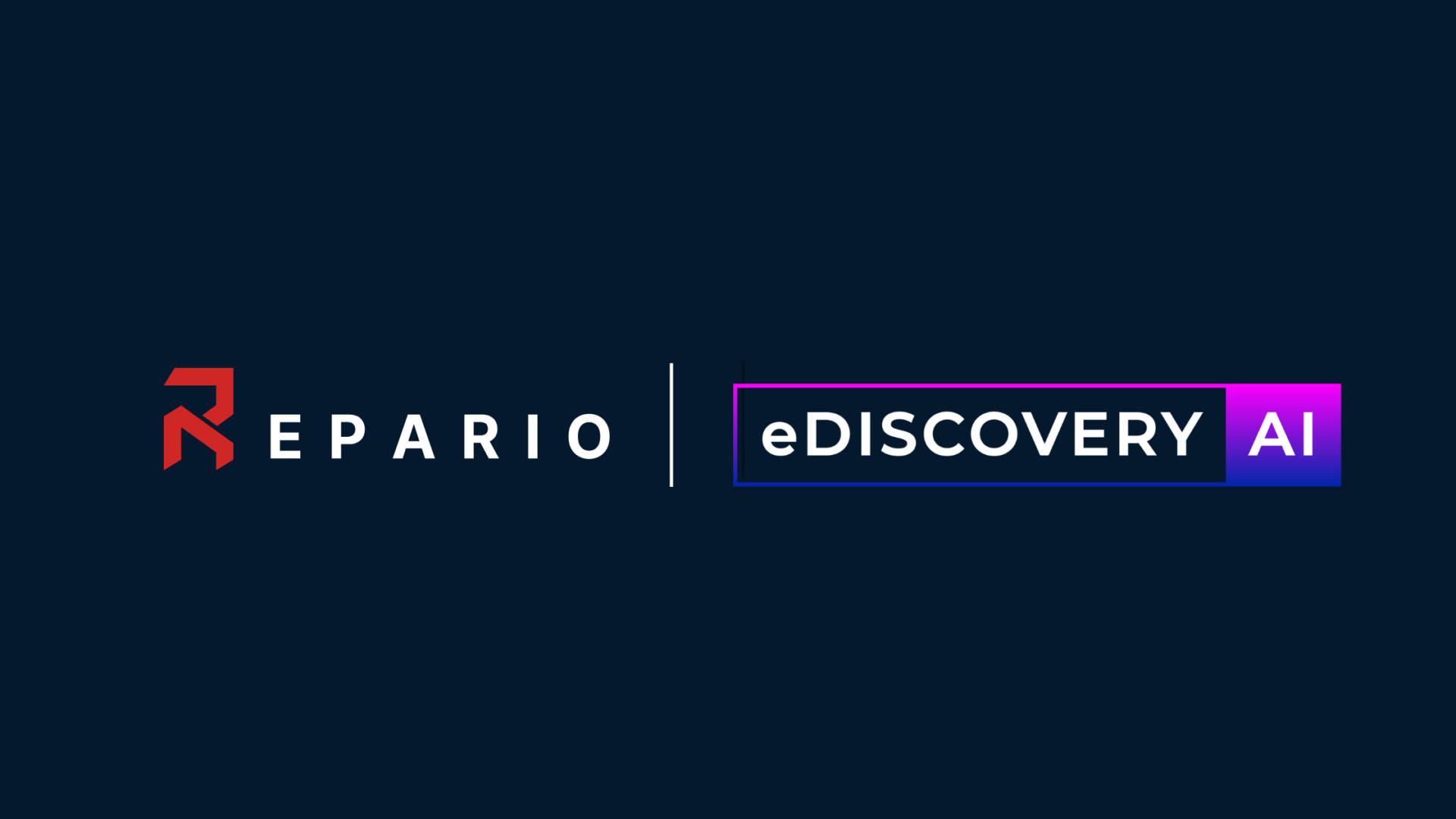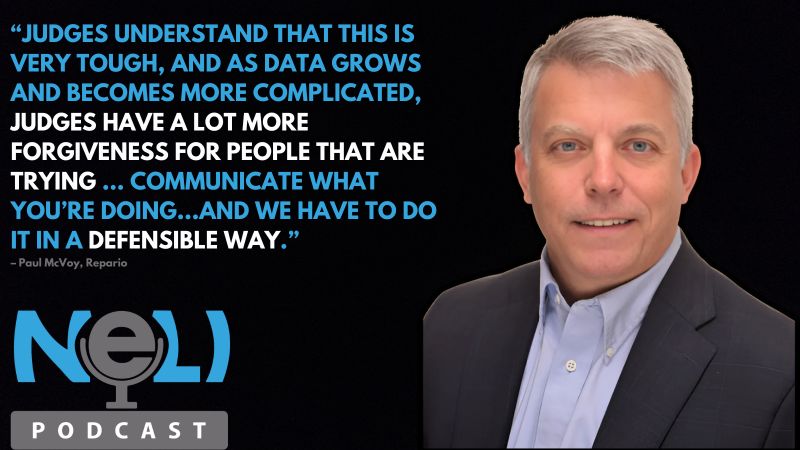MondAI Updates: AI Brings Fresh Talent to Forbes’ ’30 under 30′ and Winston & Strawn Unveils New Service Offering

Introduction
Welcome to this week’s edition of MondAI Insights!
As the market changes for in-house General Counsels, AI continues to dominate the airwaves.
AI-Contributors Recognized in Forbes’ ’30 under 30′
TL;DR: The 2024 Forbes 30 Under 30 in Enterprise Tech list highlights young innovators employing artificial intelligence to transform traditional business processes. These forward-thinkers, including Emily Willson Wenger, George Sivulka, and the Vega-Sanz twins, are at the forefront of reshaping how the next generation works with technology.
Summary: The Forbes 30 Under 30 list for 2024 showcases a remarkable group of entrepreneurs revolutionizing enterprise tech with AI. Emily Willson Wenger, notable for developing Glaze to protect artists from AI exploitation, stands among peers like George Sivulka, who left a Stanford Ph.D. program to start Hebbia and automate tedious document handling. Matthew and Michael Vega-Sanz, with their startup Lula, are simplifying insurance processes for businesses, illustrating the broad application of AI across different sectors. These young leaders are not just leveraging AI to enhance efficiency and productivity; they’re also addressing significant ethical, privacy, and operational challenges, paving the way for a future where technology augments human creativity and integrity.
The judging panel, consisting of industry stalwarts like Navin Chaddha and Thomas Dohmke, assessed candidates based on their innovative use of technology to solve real-world problems. This year’s list underscores a trend towards AI-driven solutions that promise to make the workplace more intuitive and less burdened by mundane tasks. From Harrison Chase’s LangChain facilitating the development of AI apps to Maxwell Nye and Kelsey Szot’s Adept working on GPT-style models for business operations, the breadth of innovation is vast.
The 2024 class embodies a generation set on using AI not just for its technological marvel but as a tool for enhancing human capabilities and addressing societal needs. Beyond AI, the list includes entrepreneurs like Rachel Lea Fishman, who’s improving how fitness professionals operate, and Hannah Olson, whose startup Disclo supports workers needing special accommodations. Each honoree, including Wenger with her ethical approach to technology use, contributes to a shared vision of a tech-enhanced future that remains deeply human-centered.
Importance: The inclusion of these young innovators on the Forbes 30 Under 30 list in Enterprise Tech for 2024 highlights the pivotal role of AI in transforming business operations, enhancing productivity, and addressing complex societal issues.
Winston & Strawn Introduces Winston Legal Solutions
TL;DR: Winston & Strawn introduces Winston Legal Solutions, a cost-effective legal service model utilizing trained attorneys for routine tasks, leveraging technology and AI to optimize efficiency and reduce client costs.
Summary: Winston & Strawn is launching a new service offering, Winston Legal Solutions, aimed at providing clients with an affordable alternative for routine legal tasks. This innovative approach, known as the “right staffing” model, will encompass transactional, litigation, and regulatory services, including contract management, due diligence, and legal research. Leveraging advanced technology and AI tools, Winston Legal Solutions seeks to streamline processes and offer services at a lower cost compared to traditional legal services. The initiative is staffed by full-time attorneys and will supplement its workforce with project-based hires for specific skill sets, moving away from the conventional paralegal-associate-partner model to better meet client needs for particular types of work.
Importance: Winston & Strawn’s introduction of Winston Legal Solutions represents a significant shift in the legal industry towards more flexible and cost-efficient service models. By integrating technology and AI, the firm not only aims to enhance the quality and speed of routine legal tasks but also addresses the growing demand for more affordable legal services. This approach allows clients to access specialized legal support without the high costs associated with partner-track associates, reflecting a broader industry trend towards innovation and client-centric solutions. Winston Legal Solutions exemplifies how law firms can adapt to changing market demands by offering diverse talent levels and technological advancements to deliver value-driven legal services.
In-House Legal Departments Struggle with Budget Cuts and Talent Shortages
TL;DR: A national study by Axiom reveals in-house legal departments are struggling with budget cuts, talent shortages, and increasing complexity in legal and technological landscapes, prompting a shift away from traditional law firm engagements towards innovative legal solutions.
Summary: In-house legal teams are facing unprecedented challenges, with 96% of General Counsels (GCs) reporting budget cuts and over half experiencing cuts greater than 10%. This financial strain coincides with rising law firm rates and growing complexity in regulations, particularly in financial, cybersecurity, privacy, and AI domains. The study, conducted by Wakefield Research for Axiom, surveyed 300 GCs and highlighted a significant dissatisfaction with traditional law firm services, as 100% of GCs reported issues with cost, quality, or other aspects of law firm engagements. The demand for specialized legal talent in technology, data privacy, and emerging areas like AI is outstripping supply, with a vast majority of GCs expressing concerns over their ability to meet these needs internally. However, there’s a silver lining: 85% of GCs are open to outsourcing legal matters to modern legal talent providers for cost savings, high quality, and better oversight, signaling a pivotal moment for legal departments to adopt more flexible, efficient solutions.
Importance: The findings underscore a critical juncture for the legal industry, as in-house teams grapple with dwindling resources and escalating demands. The study reflects a broader trend of legal departments seeking alternatives to traditional law firm models, driven by the necessity to optimize budgets and access specialized talent more effectively. This shift towards innovative legal solutions, such as those offered by Axiom, presents a strategic opportunity for GCs to enhance their departments’ efficiency and resilience in the face of evolving challenges. The move away from reliance on law firms towards flexible legal talent providers not only addresses immediate budgetary and staffing concerns but also positions in-house teams to better navigate the complexities of the modern legal and regulatory environment.
Conclusion
Engage with the future of AI through MondAI Insights.
Come to talk with us about the latest in AI developments!




